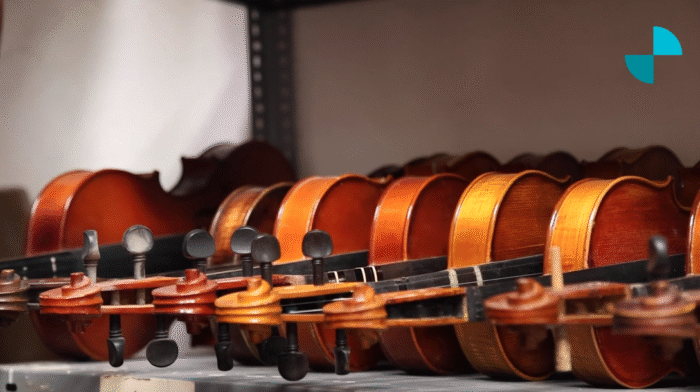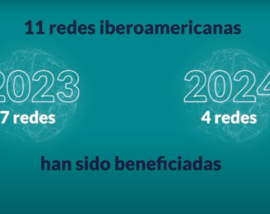World Bank Group’s Global Index Insurance Facility Receives EUR 10 Million from Germany to Stimulate Risk Insurance Markets
Washington, DC September 28, 2017 – The World Bank Group received EUR 10 million from Germany’s Federal Ministry for Economic Cooperation and Development (BMZ) to improve and scale up the use of extreme weather insurance instruments as risk management tools for the poor and the most vulnerable smallholder farmers particularly affected by climate change. The contribution will finance knowledge and technical assistance activities of the Global Index Insurance Facility (GIIF) to build capacity and expertise among practitioners in developing countries to devise effective index insurance products for smallholder farmers in areas vulnerable to climate shocks and climate-related disaster. "This is of utmost importance for sustainable development since natural disasters show to what extent climate change can hinder success in development. Climate insurance provides help – in a quick and cost-effective manner," said Dr. Gerd Müller, German Federal Minister for Economic Cooperation and Development. "Understanding and managing risks caused by weather-related disasters is critical to help smallholder farmers build resilience, reduce food insecurity, and offset economic losses,” said Ceyla Pazarbasioglu, Senior Director, Finance & Markets Global Practice, World Bank Group. "Developing good insurance products is most important for agricultural regions that are vulnerable to disasters and climate impacts, such as Sub-Saharan Africa, Asia, and Latin America and the Caribbean." Index insurance pays out benefits based on a pre-determined index composed of extreme weather data for the loss of assets and investments resulting from extreme weather or other catastrophic events. Although an innovative product, insurers in developing countries rarely offer index insurance because they do not have sufficient knowledge and technical capacity to develop sustainable and profitable products. GIIF will allocate this funding to further build capacity in the insurance community on index insurance by organizing technical workshops for practitioners; disseminating know-hows; incubating innovation; and improving access to reliable, accurate, and timely data in agriculture insurance. GIIF is a World Bank Group’s program that facilitates access to finance for smallholder farmers, micro-entrepreneurs, and microfinance institutions by providing climate and disaster risk transfer solutions and index-based insurance in developing countries. To date, GIIF has supported nearly a dozen partners in developing countries to set up index insurance markets and has facilitated more than 1.8 million contracts, covering approximately 7 million people, with $178m in sums insured. GIIF also works with private insurance and reinsurance providers, and is thus able to contribute to the development of sustainable insurance markets. GIIF is funded by the European Union/ACP Groups of States, Japan, and the Netherlands, and now also Germany. The signed agreement is part of the InsuResilience initiative on climate risk insurance whose goal is to help an additional 400 million people obtain access to direct or indirect insurance coverage by 2020. The initiative was adopted at the 2015 G7 Summit in Germany. At its Hamburg Summit, the G20 welcomed the creation of a Partnership for Climate and Disaster Risk Finance and Insurance Solutions, building on the work of existing platforms, such as InsuResilience


